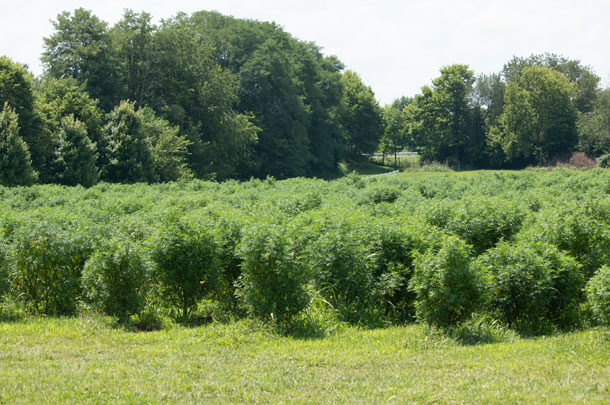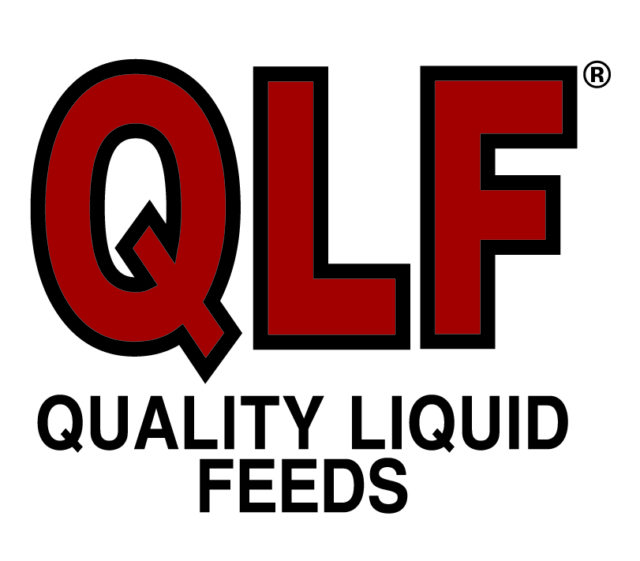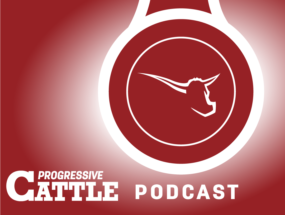While the information contained in the 2018 Farm Bill paved the way for a dramatic increase in hemp production, it did not grant permission to use hemp or any of its byproducts in animal feeds. As such, there is currently no outlet through which hemp or any of its byproducts can legally be fed to animals – including cattle.
Who regulates animal feeds?
Animal feeds – and therefore any substance or ingredient included in animal feeds – are jointly regulated by the U.S. Food and Drug Administration (FDA), the Association of American Feed Control Officials (AAFCO, which is primarily made up of state and federal regulators) and each respective state’s department of agriculture. In a nutshell, the FDA and AAFCO establish regulations that apply to anything that is used in animal feeds, which are enforced by each respective state. Then individual states have the ability to establish and enforce additional regulations that apply to products that are marketed or fed within their regulatory jurisdiction.
How does a potential feed ingredient become approved to be fed to animals?
Before being legally fed to animals, any feed ingredient that is not considered by the FDA to be a new animal drug must undergo a scientific review process to ensure that the product is safe to both animals and humans when used as an animal feed ingredient. Once the ingredient has passed this scientific review process, it receives an official feed ingredient definition. Depending upon the type of ingredient and its potential use, the three possible routes through which the ingredient definition is received include:
- A successful food additive petition to the FDA
- Receipt of a letter of no questions from the FDA in response to an application for a generally recognized as safe (GRAS) designation
- An approved application for an official AAFCO ingredient definition
Successful completion of any of these routes results in an ingredient definition contained within AAFCO’s official publication, which is published annually. The latter option – application for an official AAFCO ingredient definition – is by far the most common route through which a feed ingredient becomes approved for use in animal feeds.
Why can’t hemp or its byproducts be fed to animals?
It is currently illegal to feed hemp or any of its byproducts to animals in the U.S. because comprehensive materials that document the safety of hemp or its byproducts when used as animal feed ingredients have not been approved through either of the three routes. Therefore, there are currently no AAFCO ingredient definitions that apply to hemp or any of its byproducts. In the current state, this makes any food animal that was fed hemp or hemp byproducts, along with any food products obtained from that animal, adulterated. Any animal or animal products that enter commerce are the legal responsibility – and therefore the liability – of the producer. This doesn’t mean that applications have failed (which may or may not be true), it just means that the government has not yet received the information necessary to ensure animal and human safety, and therefore it has not yet given the green light on feeding hemp or any of its byproducts. The most recently updated (May 1, 2019) guidelines for use of hemp in any feeds can be found on AAFCO’s website.
Will it always be illegal to feed hemp or its byproducts to animals?
Not necessarily, and only time will tell. It is quite possible that hemp or its byproducts may be approved for use as animal feed ingredients in the not-so-distant future. But for now, let’s keep hemp and its byproducts out of the feedbunk until they become AAFCO-approved feed ingredients, as we should do with any ingredient that has not been evaluated to confirm animal and human safety. Our nation – and many others for that matter – depend on us to provide safe, wholesome beef products. ![]()
PHOTO: A hemp field near Lexington, Kentucky is pictured. Photo by Lynn Jaynes.

-
Jason Smith
- Assistant Professor and Extension Beef Cattle Specialist
- Department of Animal Science
- Texas A&M AgriLife Extension
- Email Jason Smith









